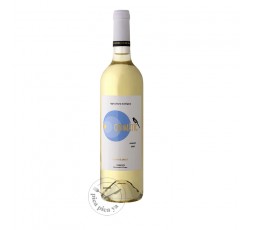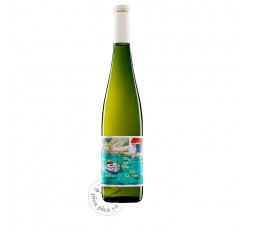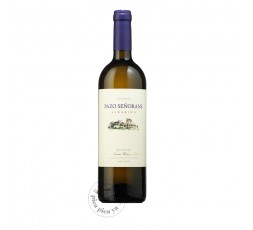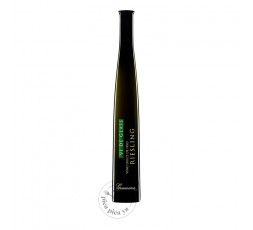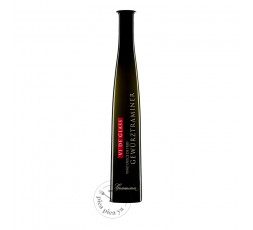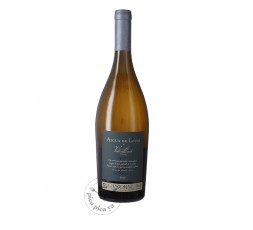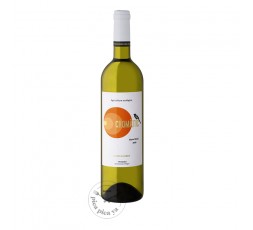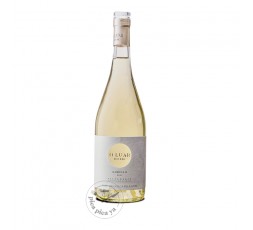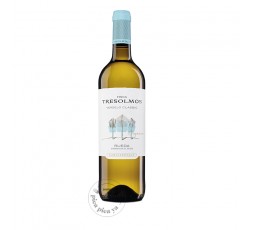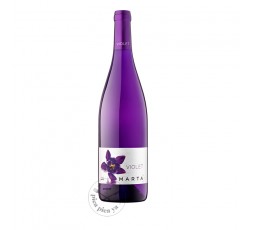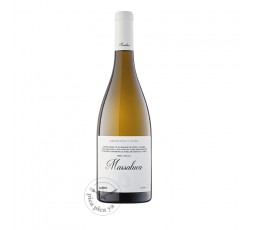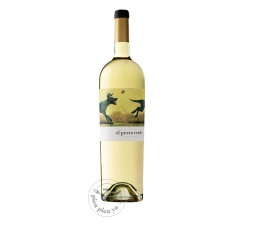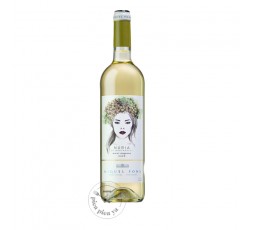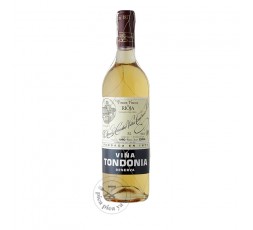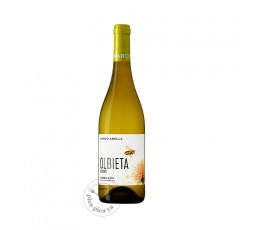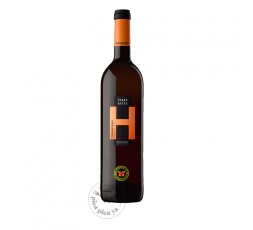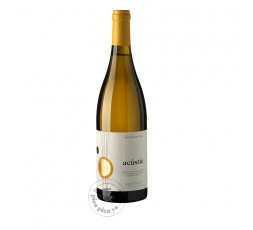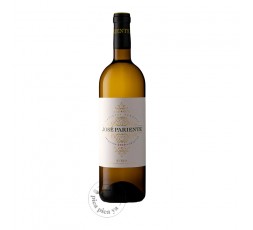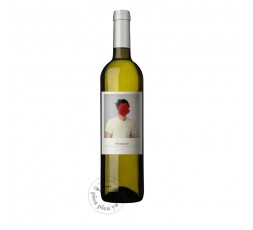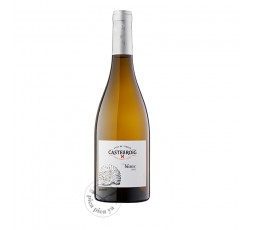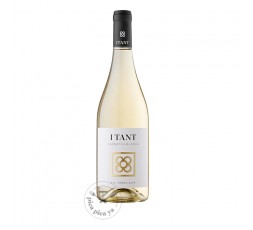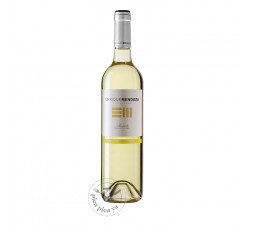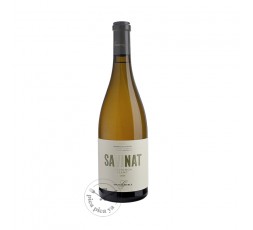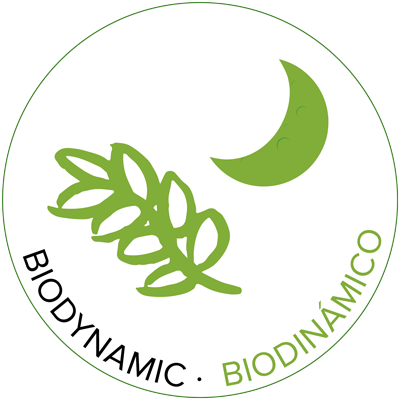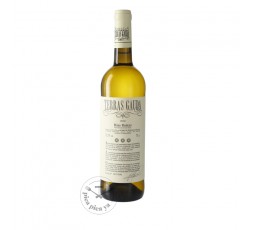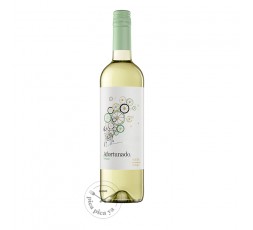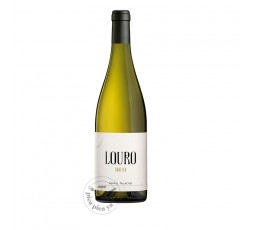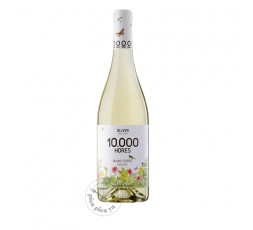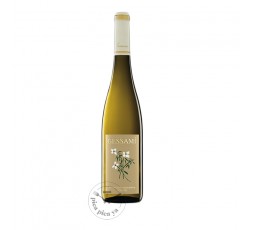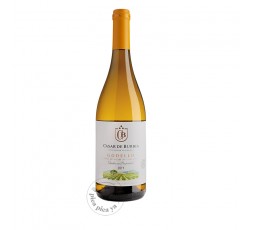No products

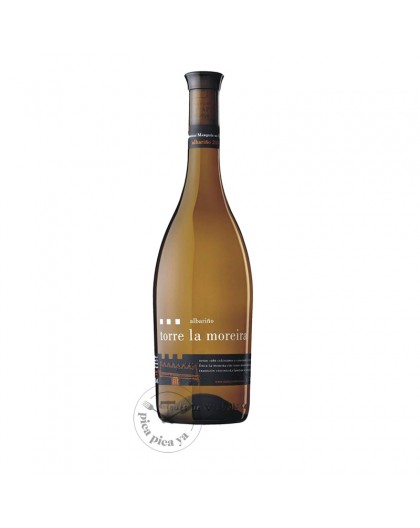
Torre La Moreira 2023
Bodegas Marqués de Vizhoja
VI015
New product
18
Before
11,25 € Tax included
Marqués de Vizhoja crafts all of its wines from grapes grown in the 38 hectares of vineyards that surround its beautiful, French chateau-style winery.
| Volume | 75cl |
| Country | Spain |
| Vegan product | Yes |
| Alcohol content | 13,0% |
| Grape | Albariño |
| Vintage | 2023 |
| Origin | Rías Baixas |
| Vino | White |
| Contains sulfites | Yes |
| Making | Vegan |
| Ageing | Aged in stainless steel |
| Serve at | 8.0ºC |
| Pairing | Grilled seafood |
| Pairing | Fish rices |
| Pairing | Aperitif |
| Pairing | Grilled white fish |
| Pairing | Smoked dishes |
| Pairing | Baked white fish |
Torre La Moreira is a vegan white wine made by Bodegas Marqués de Vizhoja, located within the D.O. Rías Baixas.
A Rías Baixas made 100% Albariño grapes selected and handpicked in the almost 40 hectares of La Moreira farm's own vineyard.
The vegan white wine Torre la Moreira was the first Albariño to include its label in the Braille reading system, one more example of the winery's policy with social responsibility and the integration of groups with difficulties.
The quality of this wine has been endorsed by numerous distinctions, among which the inclusion in the Wine Advocate of Robert Parker with a valuation of 88 points is worth noting.
Straw yellow in color with greenish notes. Intense and complex aroma, it will remind you of apple, pear and aromatic herbs and sweet, frank, smooth and fruity flavor.
Enjoy it with all kinds of food, especially seafood, fish, white meat and fine pasta.
30 other products in the same category
Alsina & Sardà Cromàtic Muscat 2024
Low yields, organic farming and the optimum ripening point are some of the basic aspects for them.
Gramona Ca La Mar Blanc
Their wines offer the opportunity to discover aromas and flavors that we are not used to perceiving. Elegance alludes to the balance and harmony of all these scents, flavors and textures. Complexity refers to the immense amount of sensations in this wine.
Pazo Señorans 2023
The entire vineyard is of the native Albariño variety, and its terrain is very special; It is mainly xabre soils, resulting from the decomposition of granite rock and with great drainage capacity.
Gramona Vi de Glass Riesling
Their wines offer the opportunity to discover aromas and flavors that we are not used to perceiving. Elegance alludes to the balance and harmony of all these scents, flavors and textures. Complexity refers to the immense amount of sensations in this wine.
Gramona Vi de Glass Gewürztraminer
Their wines offer the opportunity to discover aromas and flavors that we are not used to perceiving. Elegance alludes to the balance and harmony of all these scents, flavors and textures. Complexity refers to the immense amount of sensations in this wine.
Aigua de Llum 2021
El Celler Vall Llach was created in the early 1990s by Enric Costa and Lluís Llach, in Porrera, one of the nine towns that make up the D.O.Q Priorat, in southern Catalonia.
Alsina & Sardà Cromàtic Blanc Floral 2023
Low yields, organic farming and the optimum ripening point are some of the basic aspects for them.
O Luar do Sil Godello 2024
The search for new paths and the attraction for great white wines lead them to the slopes of Valdeorras. Between imposing mountains, small vineyards contemplate the passage of the Sil River. It is the domain of godello, the white grape that knows how to express the climate and geology of this corner of Galicia.
Tresolmos Verdejo 2023
Wines made from grapes from centuries-old vineyards located in the municipality of Matapozuelos, famous for producing some of the best Verdejo grapes.
Marta Violet 2024
All its wines and cavas have been made from vineyards of sustainable agriculture and the flower must of the grape.
Massaluca Garnatxa Blanca Macabeu 2024
Purely Terra Alta in character, Massaluca evokes the essence of La Pobla de Massaluca, a municipality located to the north of Terra Alta, with vineyards about four hundred meters above the sea.
Núria de Montargull 2024
Having cultivated delicately for generations gives them the best possible fruits, high quality wines and cavas.
Viña Tondonia Blanco Reserva 2012
Viña tondonia Reserva is the most traditional Rioja classic.
Olbieta blanc 2022
Marco Abella's wines are a clear expression of the terrain that gives them life.
Parés Baltà Honeymoon 2023
They have been viticulturists since 1790, they make organic wines and work with biodynamic agriculture to take care of their land and improve it for future generations.
Acústic Blanc 2022
They call it an acoustic wine, without electricity, which vindicates and seeks the roots, uniqueness and value of traditional viticulture.
José Pariente Verdejo 2023
Currently, Bodegas José Pariente is a benchmark within the Rueda Denomination of Origin.
Cartesius Blanc 2023
Emotion, sensitivity, technique and coupage. Tradition is not at odds with modernity.
Castellroig So Blanc 2023
100% made on the property with organic grapes, native varieties and hand-picked.
I Tant Garnacha Blanca 2023
"I TANT" is the expression to reaffirm and corroborate what another has just said.
Moscatel de la Marina 2023
On the palate it is light, very unctuous and with high citric acidity that gives nerve and joy. Sweet, friendly and with a broad and delicate aftertaste
Gramona Savinat 2023
Their wines offer the opportunity to discover aromas and flavors that we are not used to perceiving. Elegance alludes to the balance and harmony of all these scents, flavors and textures. Complexity refers to the immense amount of sensations in this wine.
Terras Gauda 2023
Its vineyards are located in the O Rosal valley, very close to the mouth of the Miño river.
Afortunado 2023
Viñedos Singulares is a project with which they intend to get the best of all the native varieties of the country through the production of regional wines, searching for quality vineyards in various areas of the Spanish geography.
Louro 2023
The plots are cultivated in a traditional way and with ecologically based treatments. The older “sortes” are managed within biodynamic agriculture.
10.000 Hores Blanc Floral 2024
Oliver Viticultors is in love with the Penedès, this land, its vineyards and its landscape. All its products are the result of organic and biodynamic farming.
Gramona Gessamí 2024
Their wines offer the opportunity to discover aromas and flavors that we are not used to perceiving. Elegance alludes to the balance and harmony of all these scents, flavors and textures. Complexity refers to the immense amount of sensations in this wine.
Casar de Burbia Godello 2023
At Casar de Burbia they are experts in betting on microvinifications, aware that only in this way will they be able to get to know in detail the capacity of each of their vineyards.

